What Is Non-Invasive Prenatal Tests (NIPT)?
Non-invasive prenatal testing (NIPT), which is also known as cell-free DNA screening is a simple, non-invasive blood test. Available from 10 weeks of pregnancy, it involves a sample of your blood being taken by our nurses at our clinic. This sample is then sent for analysis to a specialist laboratory.
What does NIPT do?
The test assesses the risks of all 23 pairs of chromosome including common diseases like:
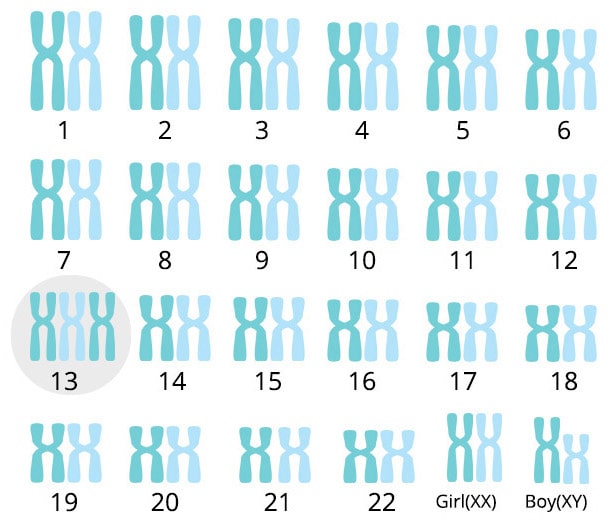
Trisomy 13
(Patau Syndrome)
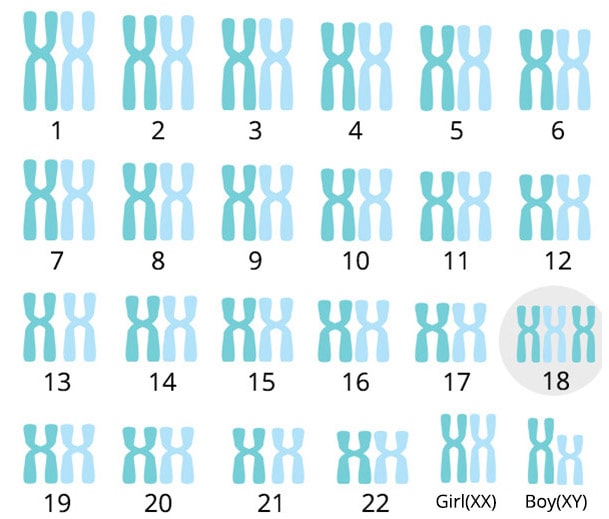
Trisomy 18
(Edwards Syndrome)
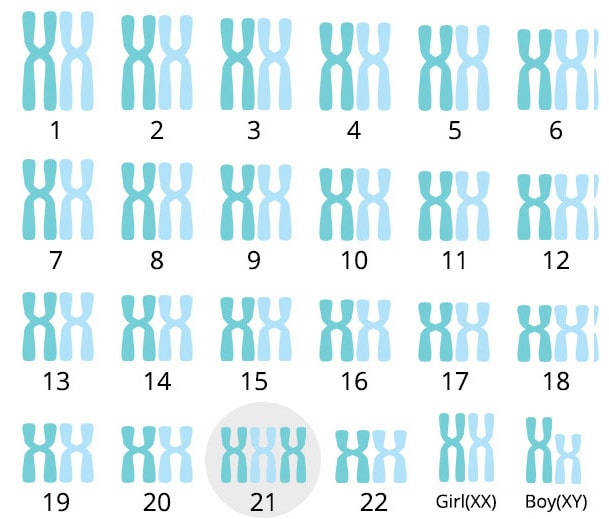
Trisomy 21
(Down Syndrome)
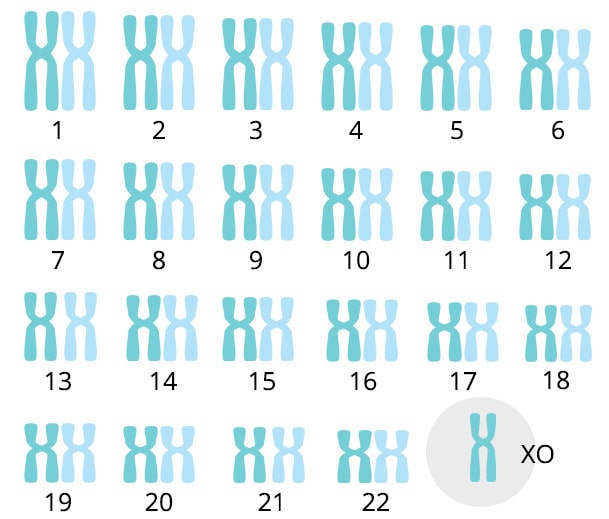
Common sex chromosome ( X & Y) abnormalities such as Turner Syndrome.
When can it be requested?
It should be done at around 10-14 weeks for all pregnancies.
It has been shown to perform better than traditional prenatal screening methods such as Combined test, Dual marker, Triple test, Quadruple test. Practically, it should replace all these screening tests but due to its relatively high cost, it’s still gaining ground.
How does NIPT work?
It is simply a single blood test taken from your arm. In pregnancy, some fragments of the fetal DNA circulate in the maternal bloodstream and are even detectable as early as week 5 of the pregnancy. The quantity increases as the age of the pregnancy increases and from the 10th week of pregnancy, there is a sufficient quantity to guarantee an accurate result.
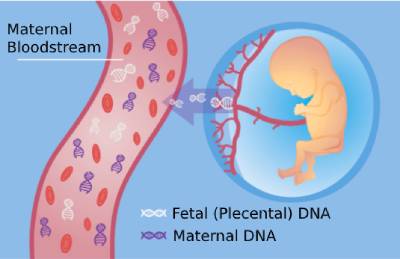
What Is The Accuracy Of tThe Test Results?
-
It is an early and highly-accurate test.
-
Studies show it is over 99% accurate for assessing trisomy disorders like Down (t21), Patau (t13) and Edwards (t18) syndrome risk.
Assessing Down’s Syndrome risk
What Is The Duration Of The Test?
Your results will usually be available within 7-10 working days from receipt of the test at the laboratory, typically around the time you would go for your first trimester 12 week scan.
If Your Test Is Positive, What Should You Do?
If your test result shows a high risk that your baby has a chromosome condition then you should undergo confirmatory tests like CVS (Chorionic Villi Sampling) or Amniocentesis.


.png) (+91) 9142061420
(+91) 9142061420





